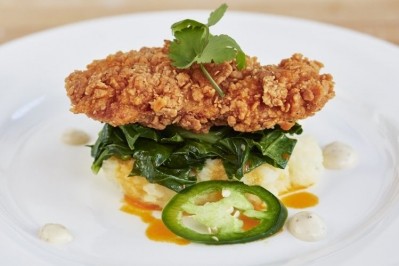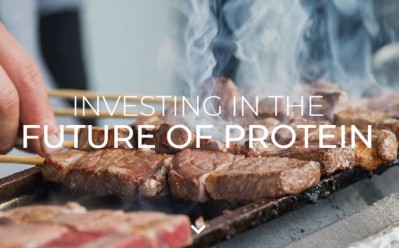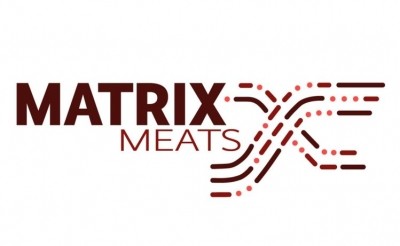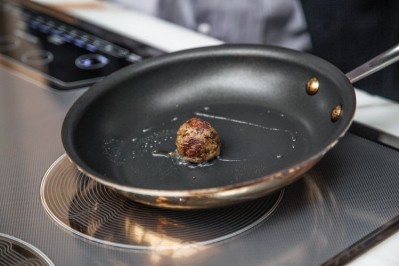Hybrid products could drive first wave of cell-based meat launches, predicts Higher Steaks as it unveils pork belly, bacon prototypes
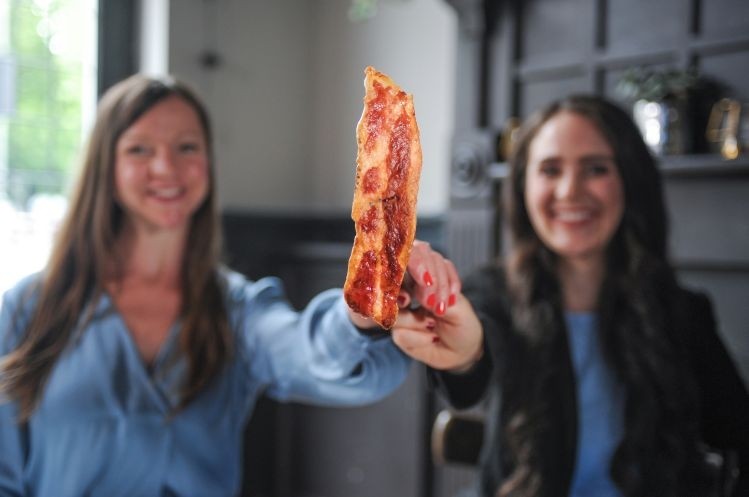
By weight, the pork belly prototypes contain 50% muscle cells grown in a bioreactor (without the use of bovine serum) and 50% plant-based proteins and fats; while the bacon contains 70% muscle cells and 30% plant-based materials.
“We’re already seeing hybrid burgers and nuggets [combining conventional and plant-based meat from US meat giants such as Tyson Foods and Perdue Farms], and I absolutely think you’ll see this with cell-based meat as well,” said co-founder and CEO Benjamina Bollag, who was speaking to FoodNavigator-USA shortly after biotech research lab 3D Bioprinting Solutions unveiled a collaboration with KFC to bring hybrid nuggets containing 80% plant-based materials to the Russian market.
Combining cell-based meat - which will likely enter the market in small quantities at a premium price - with plant proteins and fats, could help startups enter the market with more affordable products and ease consumers into the concept, she said, although Higher Steaks’ longer-term ambition is to make 100% cell-based products cost competitive.
‘We’re still working out which is the best method to use at scale’
Higher Steaks is using induced pluripotent stem cells (iPS), which behave like embryonic stem cells in that they can replicate/proliferate extensively (without having to keep going back to the original source) and differentiate into multiple cell types such as muscle and fat, said Bollag, a chemical engineer who co-founded Higher Steaks in 2017 with stem cell scientist Dr. Stephanie Wallis and Prof. David Hay, chair of tissue engineering at the Center for Regenerative Medicine at the University of Edinburgh.
Stem cell scientist Dr Ruth Faram has since joined as head of R&D, while Dr James Clark, formerly CTO at Predict Immune, recently joined as chief science officer to help the startup scale up its technology, she added.
Right now, the team is still exploring whether it makes most sense to grow these cell types separately and combine them at the end to make products, or to co-culture them, said Bollag, who could not go into details as the company has filed a provisional patent covering its innovations, but claims that it has some compelling IP that will help it differentiate itself in the nascent cell-based meat industry.
“We’re working on a portfolio of patents to reinforce this main patent. We’re still working out which is the best method to use at scale, but our next prototypes will include fat [from animal cells rather than plants] if not more cell types [as well as muscle] in the mix.”
However, the process of reprogramming adult stem cells to behave like embryonic ‘master cells’ does not involve genetic engineering, a key factor for any company trying to enter the European market, stressed Bollag, who anticipates bringing products to market in 2-5 years, perhaps beginning in high-end restaurants in the EU, where cell-cultured meat would be considered a ‘novel food’ and therefore subject to pre-approval under the Novel Food Regulation.
“We have some more work to do before we would submit a Novel Food application, and then it might take another year and a half [for the approval process]”
She added: “We’re a technology company, so we’ll launch on a small scale, but for a larger scale launch, we want to partner with larger organizations to leverage their expertise in distribution, packaging and consumer insights and so on and then the products could be [launched under] our brand or their brand or a co-brand.”
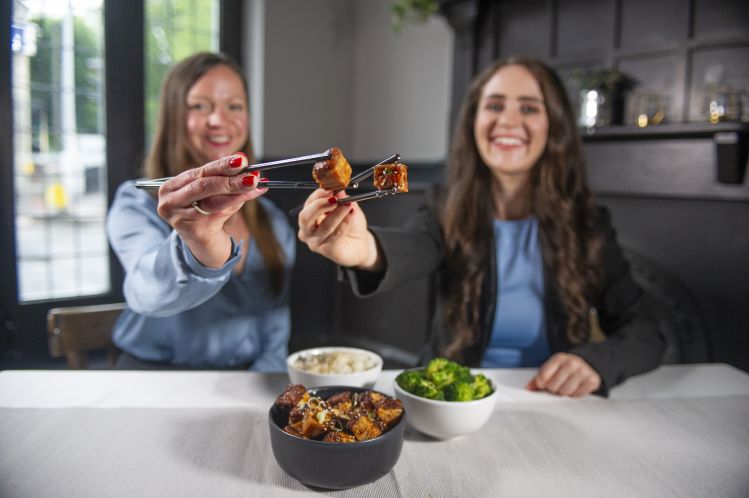
Scaffolding and growth media
She would not go into details on materials Higher Steaks is exploring as scaffolding (edible structures upon which firms can seed cells in order to grow more 3D structures), but said Higher Steaks is testing several materials.
“There are also a lot of new companies popping up sending us their scaffolds to test, which is really exciting.”
As for finding alternatives to fetal bovine serum that can serve as cost-effective growth media (ie. food for the cells), she said: “We have very clear pathways on how to get the cost down of both the growth media [to help the stem cells proliferate] and the differentiation media [to signal them to differentiate and mature into different cell types such as fat, muscle etc].
“One of the things is reducing the number of growth factors you need, and there are specific things we’re working on internally, but there are also a lot of companies working in this space so it’s an area for collaboration.”
Why begin with pork?
The decision to focus on pork was made for multiple reasons, said Bollag, who is currently backed by some “very supportive” angel investors: “Pork supply is under significant threat because of African swine fever and on top of that, a lot of antibiotics used [in meat production] are used in pork and poultry, and one of the main challenges we are trying to address is antibiotic resistance.
“Pork is also used in a ton of processed products such as sausages that are easier to create [in bioreactors] than something like a [beef] steak. It’s also genetically similar to humans, so it’s easy to adapt the work that has been done on the medical side [to large scale cell-based meat production].”
What’s in a name?
As to what to call meat cultured from animal cells, Bollag says she’s happy with the terms ‘cell-based meat,’ and ‘cultivated meat’, adding: “It’s really about finding something that works for consumers and regulators but doesn’t alienate the meat producers – but also describes the product accurately.”
Cell-based meat: From the laboratory to the market
Despite all the hype, most startups in the space are still working in a laboratory (as opposed to a factory), although several have recently raised more substantial sums (Memphis Meats: $161m, BlueNalu: $20m, Future Meat Technologies: $14m, Wild Type: $12.5m, Aleph Farms: $12m, Meatable: $10m) to support the construction of pilot-scale facilities.
Maastricht-based Mosa Meat – which is gearing up for a small scale commercial launch in 2022 assuming it has cleared regulatory hurdles - recently joined forces with Nutreco (which has invested an undisclosed sum in the firm along with Lower Carbon Capital) to work on growth media; San Diego-based BlueNalu has also partnered with Nutreco and aims to produce small quantities of product for commercial launch in late 2021; while Jerusalem-based Future Meat Technologies plans to release hybrid products in 2021 and a second line of 100% cell-based ground meat products suitable for burgers and nuggets at a cost of “less than $10 per pound” in 2022.
However, the recent $161m investment in Memphis Meats - which says it has a “pretty clear path” to achieving cost parity with conventional meat – has given the whole sector a confidence boost, says Krijn de Nood, CEO at Dutch cell-based meat startup Meatable.
“It’s a huge positive for the industry, it shows there are very serious investors that have done their due diligence and think this is really going to happen.”

